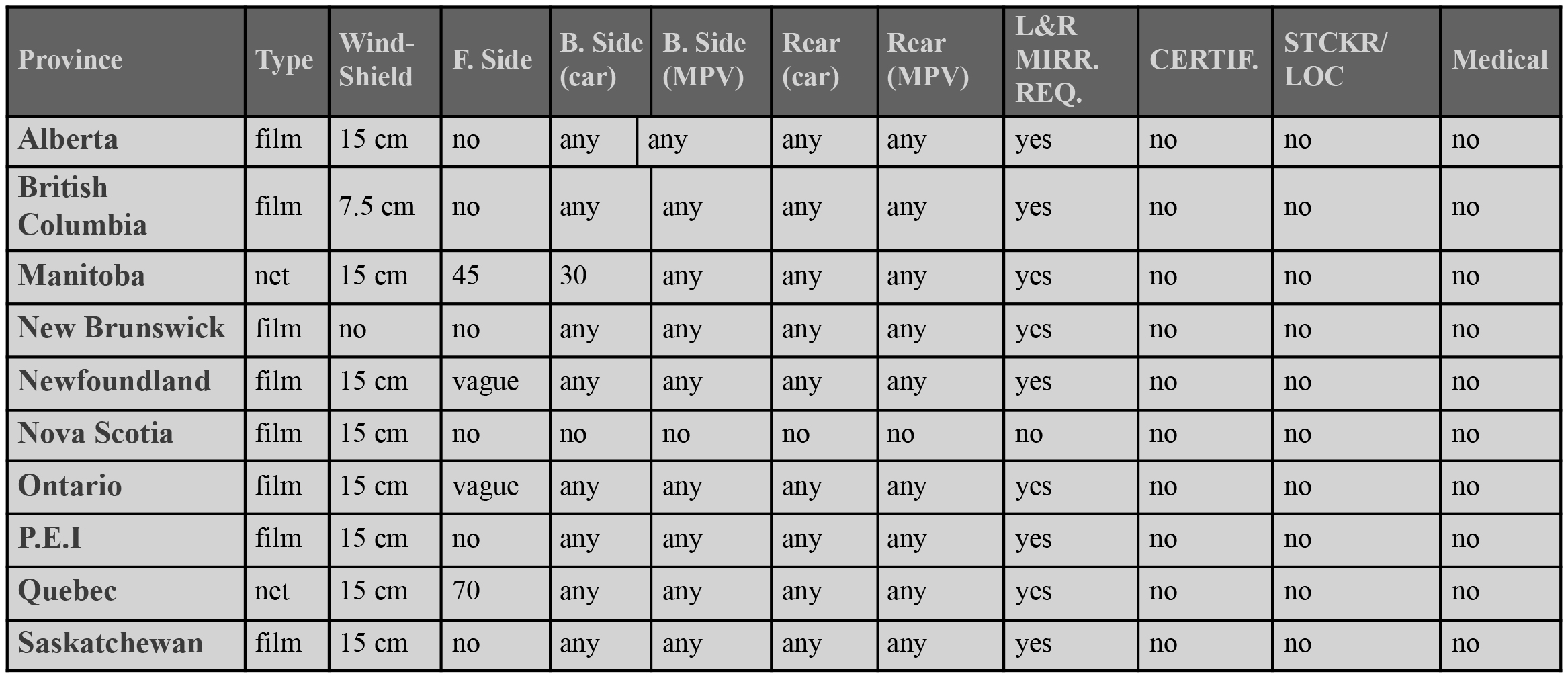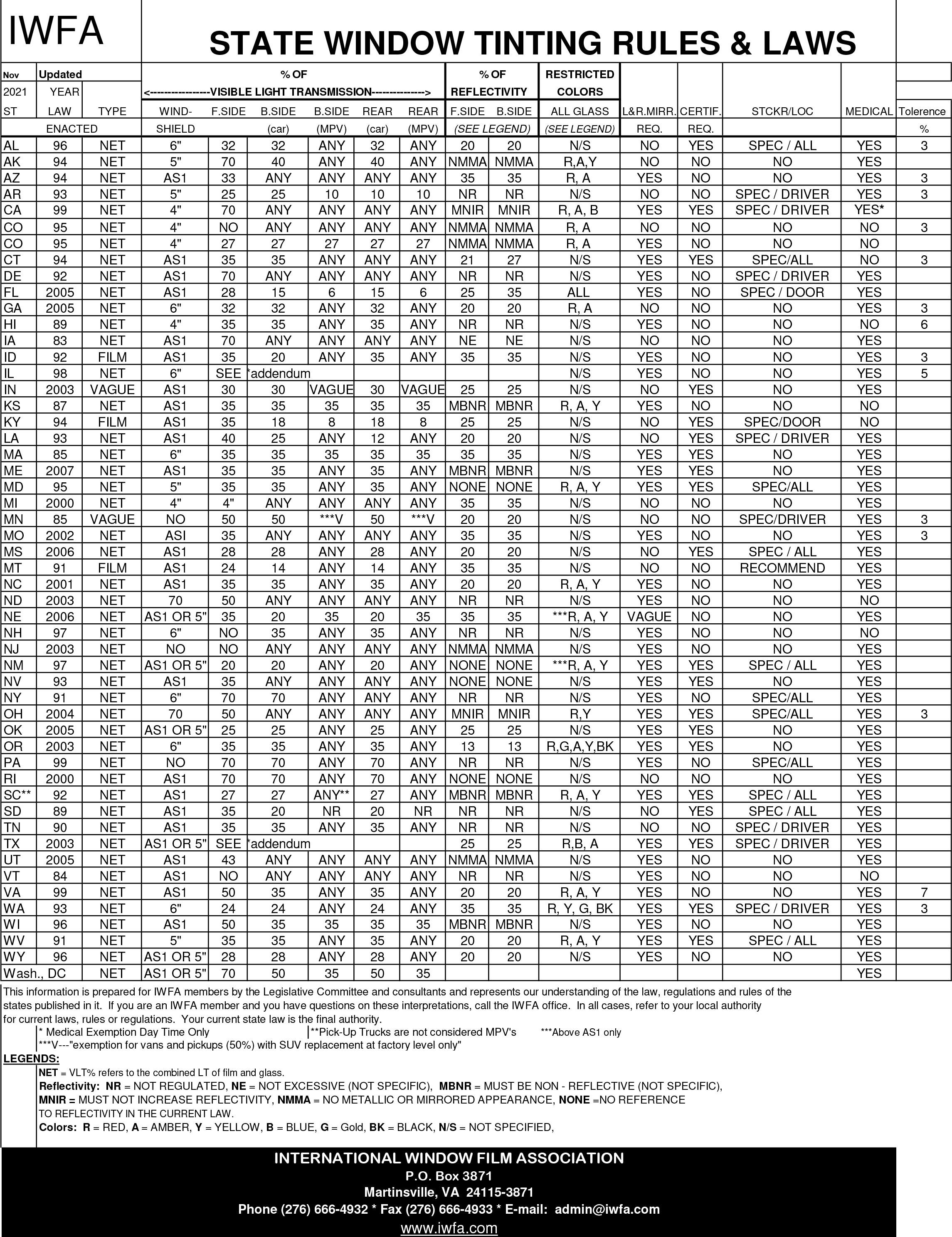Recently, many car owners have been stopped by the traffic police for inspection because they have thermal insulation film on their car windows. Some car owners even said, "I checked 8 times at 7 intersections. The film is too conspicuous and I will be inspected as soon as I go out." What has actually happened? Are there any regulations for window tinting? Will the film affect driving safety?
Window Film Regulations
First of all, we must understand that car window films are not completely prohibited, but must meet certain standards and requirements. According to relevant laws and regulations, all car films must ensure the driver's front and rear vision. The visible light projection ratio of the front windshield and glass other than the windshield used for the driver's viewing area must not be less than 70%.
Mirror reflective sunshade film is not allowed on all car windows. The purpose of these regulations is to ensure driving safety and avoid accidents caused by factors such as unclear vision and glare interference.
So, how to determine whether your car window film is legal? Generally speaking, the following methods can be used:
1. Observe the color and transparency. Darker, less transparent films are easier to inspect. It is recommended to choose a light-colored, high-transparency film, especially for the front windshield.
2. Observe the reflectivity. The more reflective the film, the easier it is to detect. It is recommended to choose a low-reflective film to avoid affecting the line of sight of yourself and others.
3. Observe the quality and thickness. The worse the quality and the thicker the film, the easier it is to be inspected. It is recommended to choose a high-quality, thin film to avoid affecting the strength of the glass and the switch.
4. Observe the location and scope. The more important the position and the larger the scope, the easier it is to inspect. It is recommended to choose a suitable location to apply the film to avoid affecting the driving vision.
If you are not sure whether your car window film is legal, you can go to a professional testing agency for testing, or go to the traffic police department for consultation. If your car window film is illegal, it is recommended that you replace it or remove it in time to avoid unnecessary trouble.
For relevant laws and regulations on window film in various states in the United States, you can refer to the following article:

Secondly, we need to understand that although car window films have some benefits, such as heat insulation, UV protection, privacy protection, etc., they also have some disadvantages, such as affecting vision, reducing glass strength, and increasing fuel consumption. Therefore, when choosing whether to apply a film, you must weigh the pros and cons based on your actual situation and needs, and do not blindly follow trends or pursue fashion.
Finally, we would like to remind everyone to choose regular channels and products when applying films, and avoid using inferior or fake films. At the same time, professional personnel and environment should be selected during construction to avoid damage or residual glue. In addition, pay attention to maintenance and cleaning after applying the film to avoid dust or water stains from affecting the effect and life of the film.
In short, car window film is a small matter, but it is also related to driving safety and legal liability. I hope this article can help you understand the relevant regulations and precautions for car window film, so that you can enjoy the convenience and comfort brought by the film while also complying with traffic laws and ensuring the safety of yourself and others.


Please scan the QR code above to contact us directly.
Post time: Jan-19-2024





